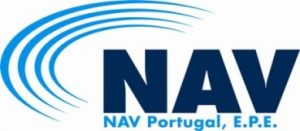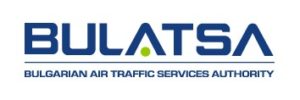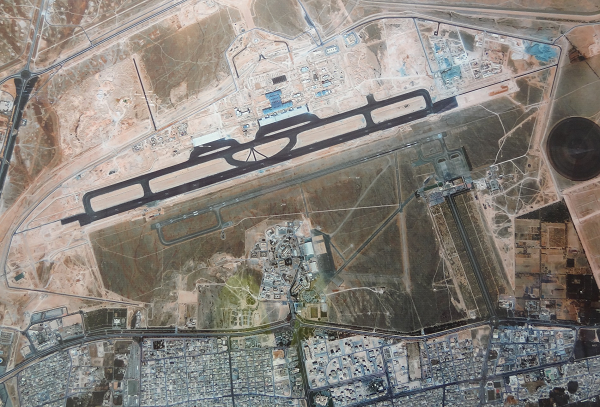Local deployment of MARIA model within BULATSA successfully completed
After just over a year, and despite the pandemic that shook lives and organizations, the project to implement NAV Portugal’s Model of ATM Reality In Action (MARIA) at BULATSA was successfully completed.
Thanks to the successful partnership between the Portuguese and the Bulgarian ANSP, the MARIA is now a reality in BULATSA. This collaboration involved training, data collection and the modeling of the functional system used by BULATSA to provide Air Navigation and Meteorology services at both Sofia’s Area Control Center and Control Tower.
According to Nikolay Sokolov, Director of Safety and Quality at BULATSA: “The model’s great potential will be used in the change management process, enhancing the scoping of the change and allowing for identification of the change impacts both within the functional system and external to the change interfaces. MARIA is very much appreciated in BULATSA as it introduces a very pragmatic approach towards safety assessment development which follows everyday operations.”
The BULATSA Director also praised working with Paula Santos and Paulo Monteiro on all the aspects of the project. “From the data collection and model development to the Safety Assessment validating the local Model was a fantastic experience, considering that their knowledge, enthusiasm and adaptiveness helped enormously towards completing the project entirely online due to the established travel restrictions.”
Paula Santos, responsible for the MARIA project at NAV Portugal, highlighted in turn that: “The commitment and cooperation of Galina Lavrova and Marin Petrov and the ever-present support of Nikolay Sokolov were decisive in the success of this project.” This support was particularly pivotal as the travel ban resulted in all work having to be performed remotely, and this significantly hampered the task of collecting and validating data and modeling the Bulgarian units.
“It was a challenge that has been overcome and which required increased communication and understanding effort from both parties. In addition, the MARIA model evolved: already identified and prepared changes were validated and other improvements resulting from issues raised by Bulgarian technicians were introduced. One can say that this was indeed fruitful cooperation”, he added.
Created from scratch by NAV Portugal since 2012, the MARIA project aims to compile and systematize information mainly from the air traffic control system, including not only the functions for which NAV is directly responsible but also those from the community with which ANSP interacts.
The model documents the interdependencies between functions, information streams, resources and procedures from different areas, along with applicable national and international regulations, and it was initially based on a series of interviews with managers and users of air traffic control systems, complemented by the observation of real operations, and has evolved over the years as a result of its use.
MARIA is used by NAV Portugal for the anticipation and identification of hazards to make safety assessments more accurate and efficient while also describing the entirety of the architecture of the air traffic management system and the control units.


